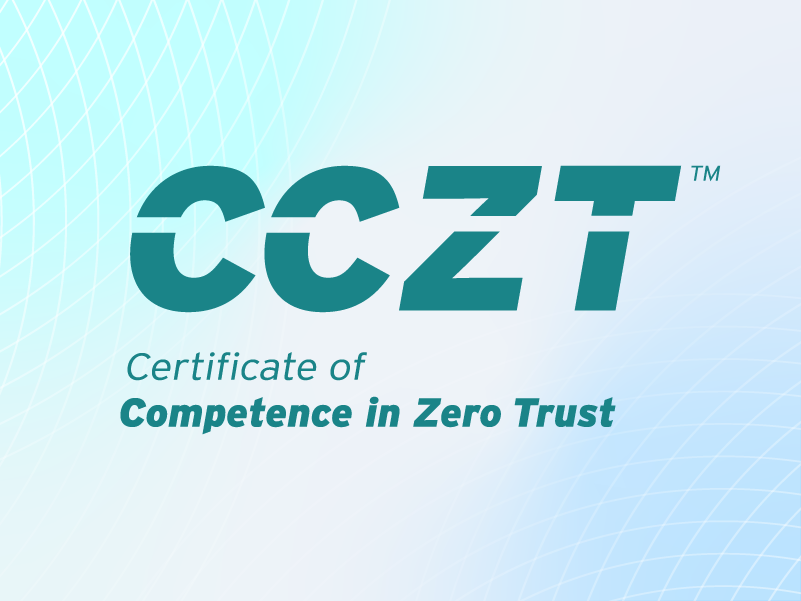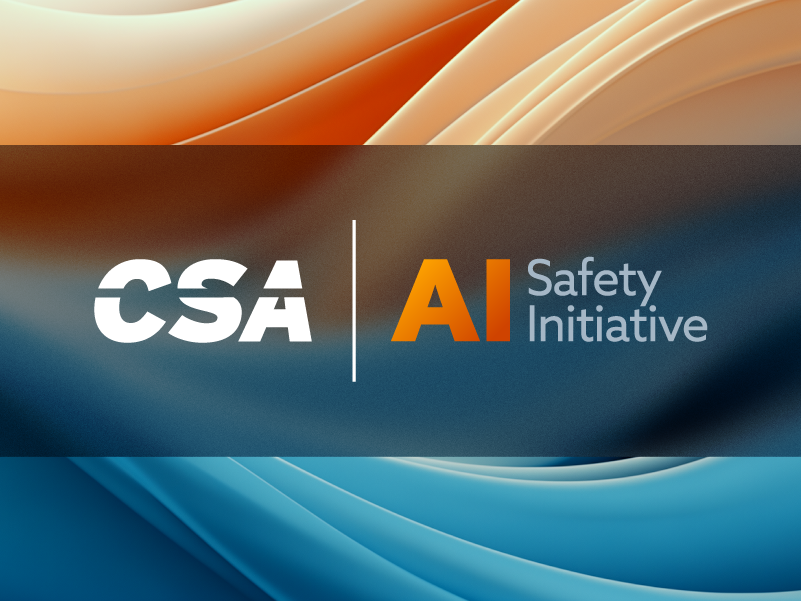CSA Working Group Interview: Zero Trust Research with Solutions Architect Vaibhav Malik
Published 07/22/2024
Zero Trust is one of the most widely talked about cybersecurity trends today and is instrumental for raising the cybersecurity baseline and eliminating risk. Through the Zero Trust Advancement Center and Zero Trust Working Group, CSA aims to develop consistent Zero Trust standards. The Zero Trust Working Group discusses changes in the industry and collaborates on projects based on nine different workstreams.
Vaibhav Malik is a Partner Solutions Architect at Cloudflare and a member of the Zero Trust Working Group. At Cloudflare, Vaibhav works with global partners and system integrators to design and implement security solutions for their customers. With over 15 years of experience in networking and security, Vaibhav is a recognized industry thought leader and expert in Zero Trust. For the Zero Trust Working Group, Vaibhav is a co-lead of the Network/Environment and Applications & Workload Pillars.
Below, read Vaibhav’s insights on Zero Trust, his tips for advancing in the security industry, and his views on volunteering with CSA working groups.
1. Can you tell us a little bit about your experience with Zero Trust security?
My experience with Zero Trust security spans over a decade, encompassing practical implementation and thought leadership. At Cloudflare, I work closely with global partners to design and implement Zero Trust security solutions. I've helped Fortune 500 clients transition to Zero Trust models during my time at various service providers and security companies. As co-lead of the Zero Trust Working Group at CSA, I've been deeply involved in developing standards and best practices for Zero Trust architectures. My "Securing the Software Supply Chain from Recent Attacks" work for the RSA Conference also touched on Zero Trust principles.
2. What is a top-of-mind cloud computing challenge that you think is particularly suited to the Zero Trust approach?
One of the most pressing challenges in cloud computing today is securing multi-cloud and hybrid environments. The distributed nature of these environments, combined with the increasing sophistication of threats, makes traditional perimeter-based security insufficient. Zero Trust is particularly well-suited to address this challenge because it focuses on securing identities, data, and applications regardless of location. Zero Trust can provide consistent security across diverse cloud environments by implementing continuous verification and least privilege access, helping organizations maintain a strong security posture even as their infrastructure evolves.
3. What made you decide to join the Zero Trust Working Group?
I joined the Zero Trust Working Group because I believe in Zero Trust's transformative potential to address modern cybersecurity challenges. Given my experience implementing Zero Trust solutions and my passion for advancing the field, I saw the working group as an opportunity to collaborate with other experts and contribute to developing industry standards. I'm particularly excited about the potential to shape best practices to help organizations of all sizes improve their security posture in an increasingly complex threat landscape.
4. Which Zero Trust Working Group Pillars are you involved with? What have been some valuable experiences or take-aways from working with those groups?
I'm involved with the Network/Environment Pillar and the Applications & Workload Pillar, which align closely with my expertise in Web Application and API Protection (WAAP) and cloud security.
In the Network/Environment Pillar, a key takeaway has been the importance of micro-segmentation and continuous monitoring in creating a Zero Trust network. We've explored how software-defined perimeters can be implemented effectively in various cloud environments.
Our focus on securing applications has been particularly valuable for the Applications & Workload Pillar. We've developed guidelines for implementing Zero Trust principles throughout the application lifecycle, from development to deployment and runtime protection.
A common thread across both pillars has been the critical role of automation and orchestration in making Zero Trust practicable at scale. It's been rewarding to see how our work is helping organizations move from theory to practical implementation of Zero Trust principles.
5. What is the best advice you would give to cybersecurity professionals looking to advance their careers?
My advice is to stay curious and never stop learning. The field of cybersecurity, especially areas like Zero Trust and cloud security, is evolving rapidly, so it's crucial to continually update your skills and knowledge.
I'd also recommend joining industry groups and contributing to open-source projects. My involvement with CSA and contributions to frameworks like OWASP have been invaluable for personal growth and career advancement.
Lastly, consider the importance of bridging the gap between technical knowledge and business understanding. My MBA has been instrumental in helping me communicate the value of security initiatives to business stakeholders. Aligning security strategies with business objectives is crucial for advancing in the field.
Learn more about Zero Trust with CSA’s Zero Trust Advancement Center.
Interested in participating in the working group? Email [email protected] with a description of your interests and expertise.
Related Resources



Unlock Cloud Security Insights
Subscribe to our newsletter for the latest expert trends and updates
Related Articles:
Zero Trust for Agentic Pipelines That Touch Cloud Production
Published: 02/27/2026
Core Collapse
Published: 02/26/2026
AI Security: When Authorization Outlives Intent
Published: 02/25/2026


.png)
.jpeg)
.jpeg)

